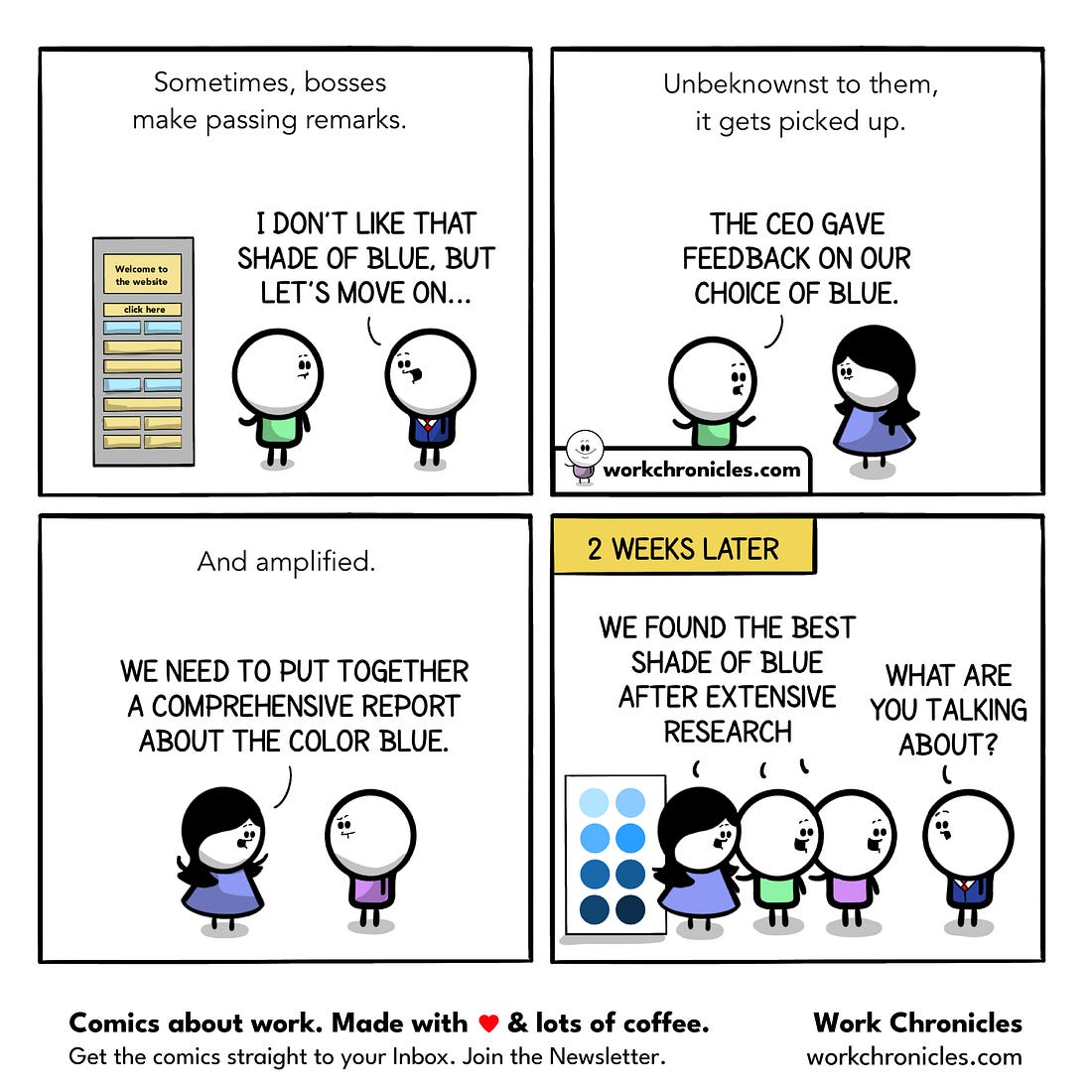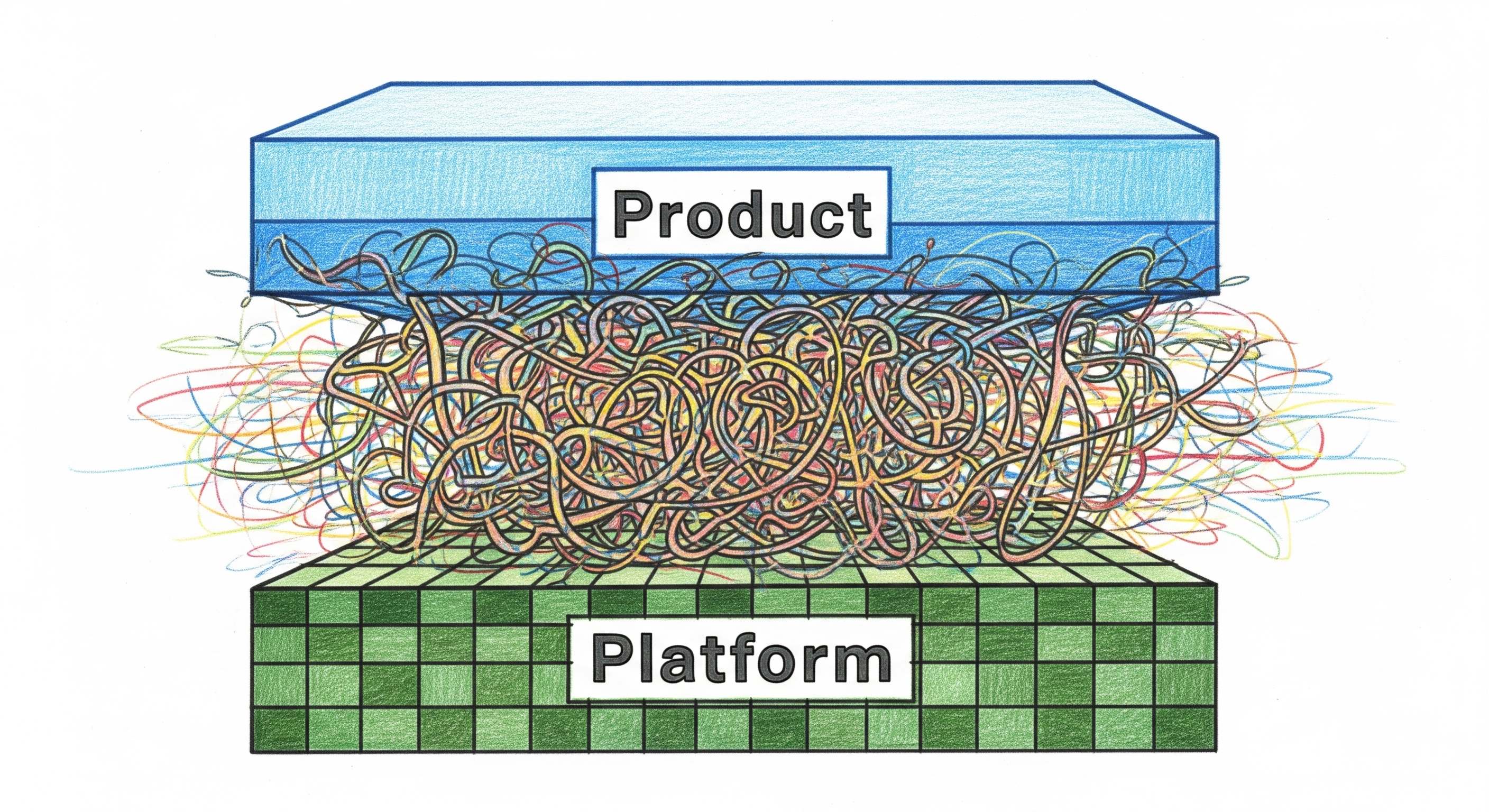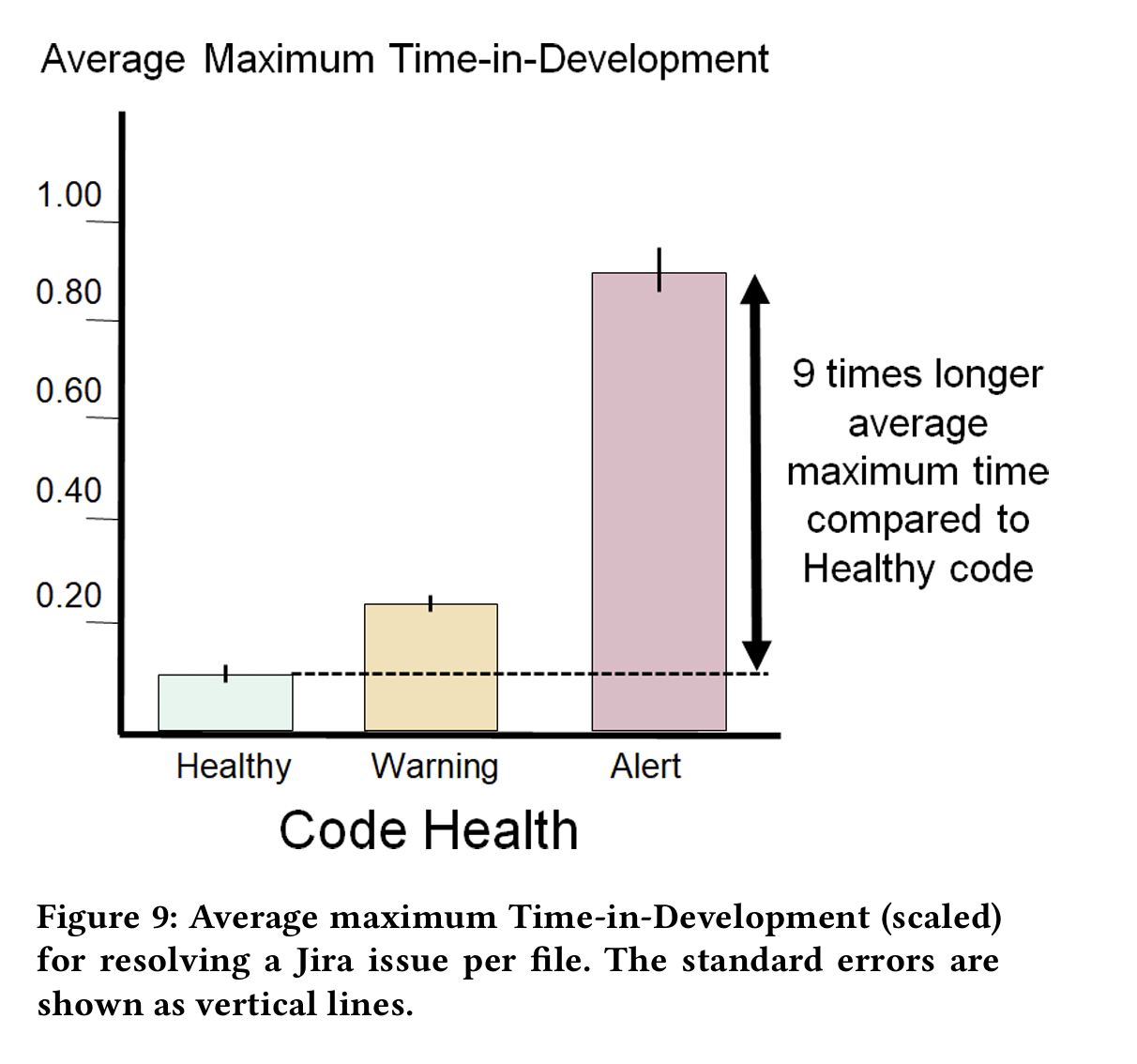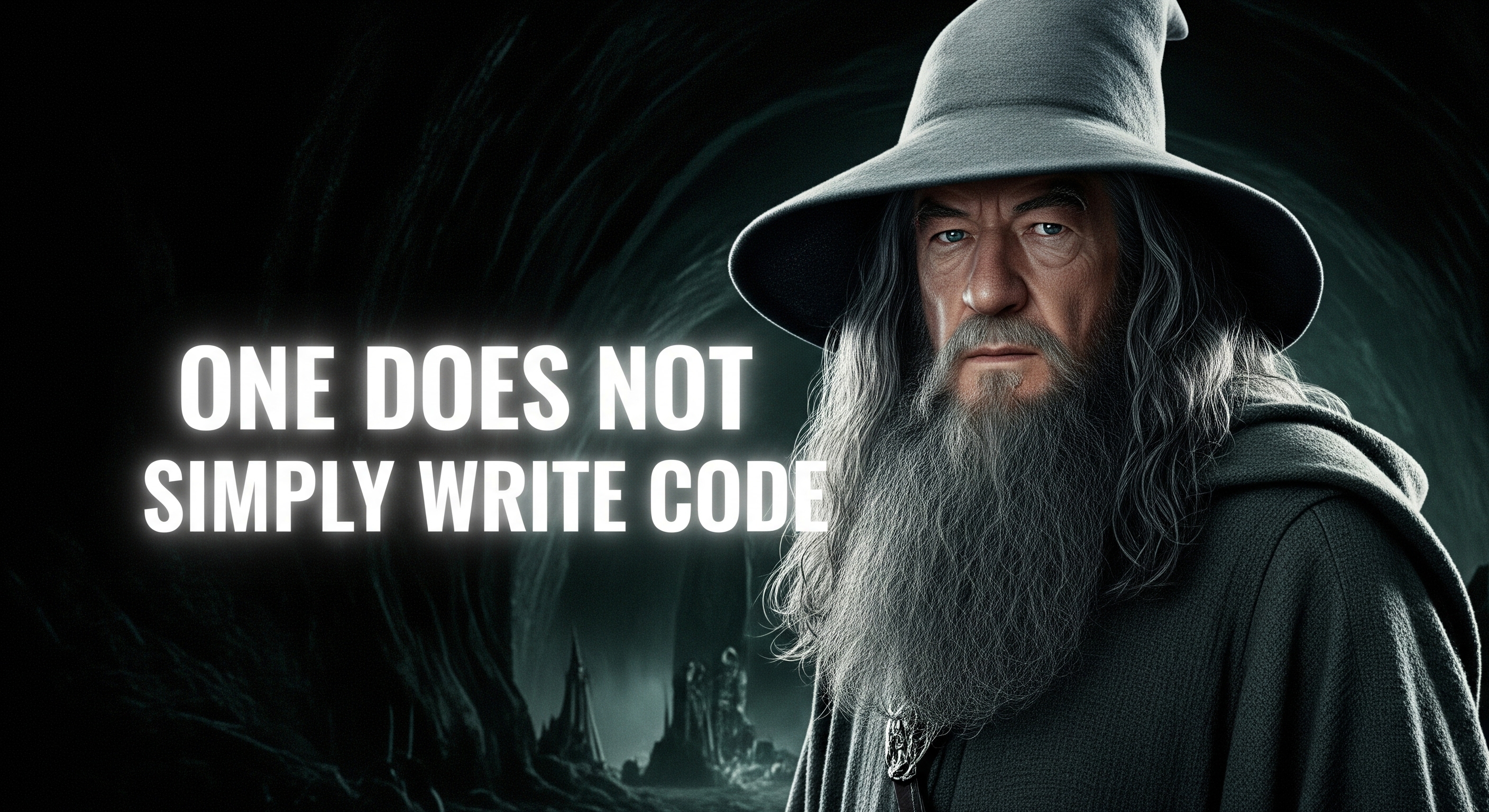Power Dynamics
Positional power is an interesting thing. The HIPPO effect is real. When you’re in a position of power, by definition, you have that power. Whether you’re aware of it or not. Whether you use it intentionally or not.
Of course, with great power comes great responsibility. One of the hardest things to remember is that because of that power, people don’t always hear things the way they are intended. And as the person who’s trying to communicate something, it’s on you to make sure the message gets across. The misinterpretation is your fault, not theirs.
One of the most famous examples of this is from the movie Beckett, where King Henry II exclaims “Will no one rid me of this meddlesome priest”, and the next day, the priest is dead. While this almost certainly didn’t happen exactly as depicted in the film, it’s not hard to image that something similar did. Did the King order his firend’s death? Not directly. However, if the King of England, arguably the most powerful man in Europe at the time, complained about something, it’s not at all surprising that his faithful followers did something about it.
England in the Middle Ages is not the only time that happened. It happens all the time. The less contact a person has with someone with significantly more positional power1, or the bigger the power differential, the more likely the subordinate is to listen very closely to the words spoken and do something about it. Whether the person speaking is a King, a General, or just someone with strong influence over your paycheck.
So as the person with that kind of power, it’s critical to think about how your words are heard. That doesn’t mean you shouldn’t say anything. That doesn’t mean you shouldn’t be relaxed and make comments or say what you think. It does, however, mean that you need to think about how your words are perceived. And you need to be explicit about the difference between orders, suggestions, questions, and personal opinions.
I learned this the hard way myself, back when I was a new manager. I asked one of the developers on my team why they had chosen to implement things in a new way when we already an implementation that was very close. I commented that I would have probably just tweaked the existing functionality. At the time, to me, it was just a comment.
The next Monday I got to the office to find that the developer had done a major refactor of the old code to support the existing functionality and be able to handle the new situation. The new code was good. Clean boundaries, no repetition, and very flexible. And over the next 4 years we never used that flexibility. We did occasionally have to go back in and separate the functionality even further. The developer gave up a weekend of their personal time to make a change that wasn’t needed, and in fact, cost us time later. All from a casual comment I made.
Because without enough context, it’s hard to distinguish between a personal opinion, a suggestion, and explicit direction. And in the absences of clarity, people often defer to power.
-
It’s not just positional power that can skew interpretation. Situational power can do the same thing, as can reputation. Or even volume. ↩︎









